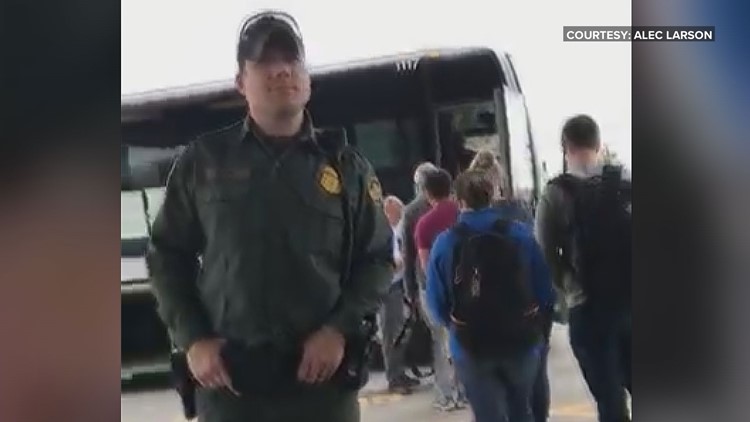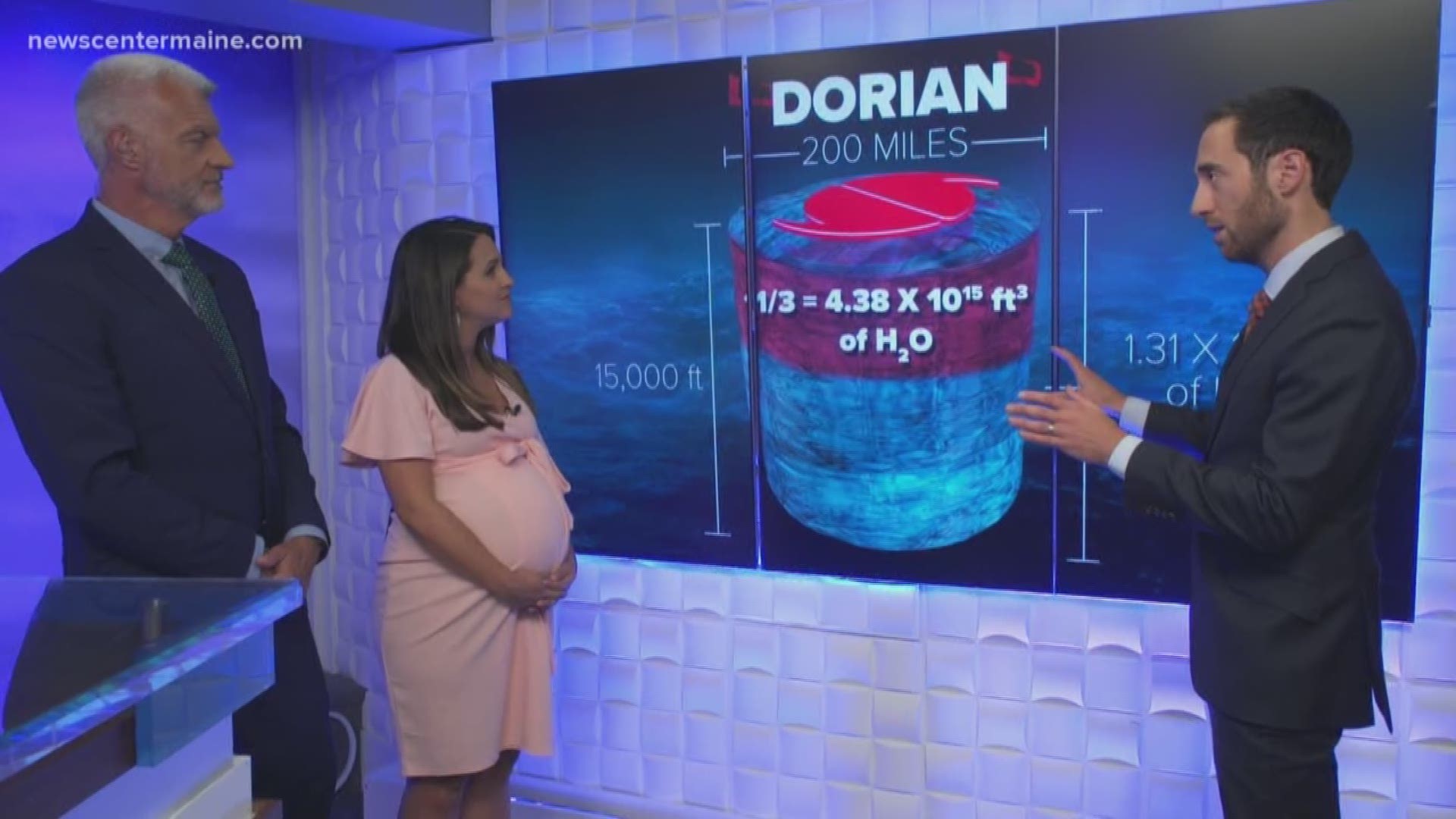BANGOR (NEWS CENTER Maine) - In response to a video showing a border patrol agent demanding citizenship status to customers at a private bus stop in Maine, U.S. Customs and Border Patrol has issued the following statement:
“For decades, U.S. Border Patrol agents have routinely engaged in enforcement operations at transportation hubs throughout the nation. Enforcement actions away from the border are within the jurisdiction of the U.S. Border Patrol and performed in direct support of immediate border enforcement efforts and as a means of preventing smuggling and criminal organizations from exploiting existing transportation hubs to travel to the interior of the United States. These operations at transportation hubs serve as a vital component of the U.S. Border Patrol’s national security efforts.
Transportation hubs are used by alien smuggling and drug trafficking organizations to move people, narcotics, and contraband to interior destinations throughout the country. To combat these growing threats, the U.S. Border Patrol has increased the frequency of transportation checks around the country as an additional enforcement mechanism to reinforce CBP’s world-class approach to border security. Approval for transportation checks was centralized at Border Patrol Headquarters in 2012. In 2017, the Border Patrol returned approval authority to the Chief Patrol Agents for each Border Patrol Sector.
Although most Border Patrol work is conducted in the immediate border area, agents have broad law enforcement authorities, including the authority to question individuals, make arrests, and take and consider evidence. The Immigration and Nationality Act 287(a)(3) and 8 USC 1357 state that Immigration Officers, without a warrant, may "within a reasonable distance from any external boundary of the United States...board and search for aliens in any vessel within the territorial waters of the United States and any railcar, aircraft, conveyance, or vehicle”. 8 CFR 287 (a)(1) defines reasonable distance as 100 air miles from the border.”



